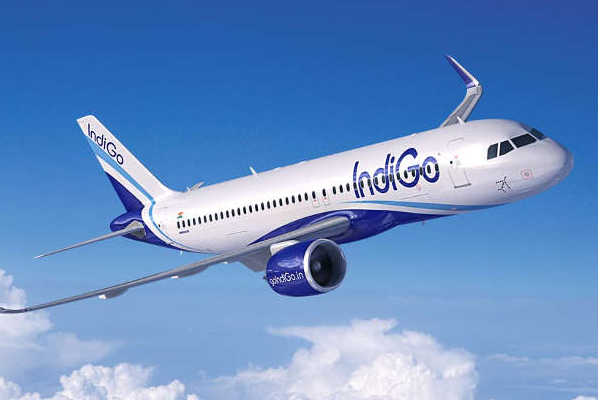IndiGo announces fuel surcharges to counter surge in oil prices
In the wake of a sharp uptick in the price of oil and the cost of Aviation Turbine Fuel (ATF), the India’s low cost carrier, IndiGo, has decided to reintroduce fuel surcharges effective May 30, 2018.
Aircraft fuel expenses represent the single largest item of IndiGo’s total expenses, accounting for around 40 percent of the airline’s cost of operation. Furthermore, the depreciating Indian Rupee is an additional cost burden on the Indian carriers. Given this scenario for a low cost airline, levying a surcharge has become inevitable. A sum of INR 200 will be added on routes less than 1000 km distance, and INR 400 on routes longer than 1000 km distance. The surcharge will be applicable on all domestic trips i.e. within India.
Sanjay Kumar, chief commercial officer, IndiGo said, “With ATF prices in India having risen around 25 per cent in the current month compared to the same period last year, and at the highest in last three years, the airline is compelled to pass some of the increased cost burden to customers as a fuel surcharge. In the context of the past decade, where airfares in India have reduced by nearly 50 per cent in real terms (i.e. adjusted for inflation), we are confident that this marginal increase in the form of fuel surcharge will not have any significant adverse impact on demand.”
Kumar further added, “We are hopeful that the 1.5 lakh plus passengers flying with IndiGo each day will continue giving us support. We assure our customers that this move of reintroduction of fuel surcharges will not much impact the low fares that are being charged, and will not change IndiGo’s positioning as a low cost carrier that is also synonymous with being on-time and providing courteous and hassle free service.”
IndiGo’s fare structure has been voted the lowest both in India and globally, as per the Global Flight Price Ranking report released by Rome2rio in 2018. The airline will review the surcharge in the light of oil prices going forward, and endeavours to be in a position to withdraw it once oil prices have moderated.

